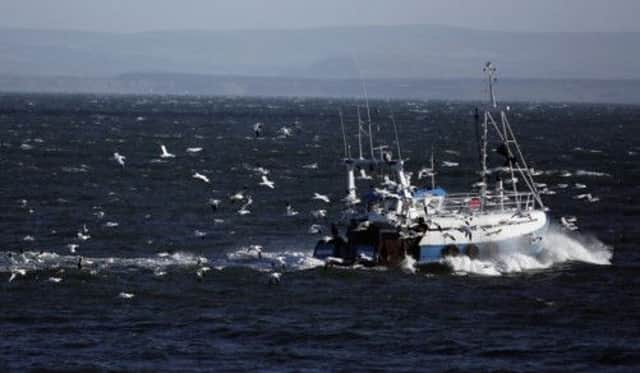Marine study leads to challenge over protection


A report, co-authored by scientists at the universities of Dundee and Portsmouth, has cast serious doubts on conventional conservation efforts which are being directed to protect species-rich reefs around the globe, mainly in the tropics.
The experts argue that equal protection should also be given to other “hotspots of marine diversity” with fewer fish species, such as the seas around the United Kingdom.
Advertisement
Hide AdAdvertisement
Hide AdDr Trevor Willis, from the Institute of Marine Sciences at Plymouth University, said the new research was challenging “conventional wisdom” about what biodiversity actually meant.
He said: “The number of different species in an ecosystem has dominated the scientific view of global biodiversity patterns and has long been used as a biological basis for management of imperilled ecosystems.
“But just counting species is a very crude way of understanding diversity. By gathering information on the animals’ traits we can understand more about how they vary in terms of their function in the operation of natural ecosystems. This functional variation is really the essence of biodiversity.”
Terry Dawson, professor of global environmental change at Dundee University, said: “There are two schools of thought. One is that places should be conserved because they have the highest number of different species. And that’s traditionally how conservation is always done and why the tropics always get the most attention because there are lots of species in the tropics.
“But what we are saying is, that if you measure the types of species in a different way, using what is called ‘functional biodiversity’ – the role that species play within system – then there are marine areas where, although there are fewer species, they become individually much more critical to the effective health and functioning of that system. If one species becomes extinct then the whole system could collapse.”
Prof Dawson said: “Our research has shown that to maintain healthy, resilient marine habitats, those regions with fewer species, such as found in the seas around the UK, may actually be more vulnerable to catastrophic collapse from human pressures such as pollution and overfishing.
“In places like UK waters, if you fish out some species then it causes a chain effect which causes the whole system to become dysfunctional. The whole ecosystem becomes disrupted or will completely collapse or fail.”
The report, published today in the latest edition of Nature magazine, claims the findings also have important implications for future marine planning and management.
Prof Dawson said: “Rather than have lots of small areas which is what is being planned at the moment, I would rather have fewer but larger areas which embrace a lot more of the ecosystem.”